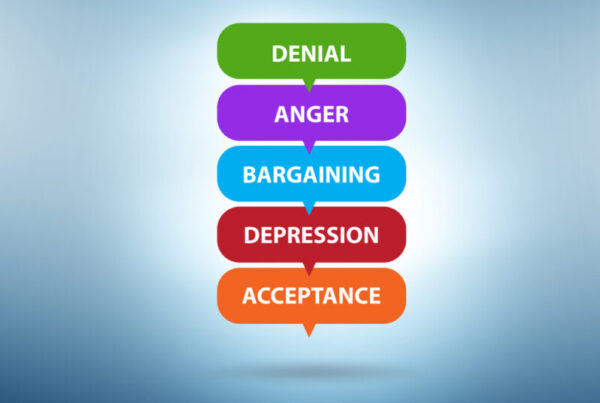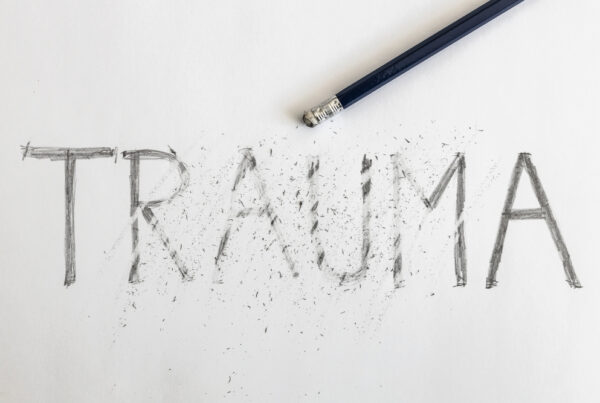It’s quite unfortunate that even with the many awareness campaigns run around PTSD and its devastating effects, millions still have no idea what it is. The signs of trauma and PTSD usually start to show as early as three months after an individual experience something traumatic. In some cases, the shock is severe to the point of directly interfering with the victim’s day to day functioning. Below are the significant symptoms of trauma and PTSD that you should always look out for:
• Recurring Bad dreams or nightmares
• Recurring flashbacks – anyone who has PTSD is likely to experience flashbacks months after being involved in a traumatizing experience. These flashbacks may leave them with a racing heart or sweating profusely.
• Recurring frightening thoughts
• Being easily startled or triggered
• Difficulty in sleeping
• Recurring angry outbursts
• General loss of interest in things they used to find exciting
• Having a perennial negative attitude about everything
All the occurrences mentioned above can also be triggered by events, places, or even people as long as they remind the victim of the trauma they survived. Once you identify someone exhibiting most of these symptoms, you should intervene before the situation gets chronic. Before seeking help on their behalf, because they most likely wouldn’t do it themselves, try talking to them.
People with PTSD are highly likely to turn to drugs as the most accessible coping mechanism, especially if they have no one to talk to about the issue. And as we all know, drug abuse will only exacerbate the situation. You can start by encouraging the afflicted individual to open up. It would help if you also were mindful of the risk factors they’ll help you know how best to handle the conversation. Some of the risk factors of trauma and PTSD include the following:
• Having a long history of drug and substance abuse
• Being under much stress
• The paralyzing feeling of extreme fear
• Inability to cope with childhood trauma
• A long history of mental illness
• Getting hurt
To help the afflicted individual get over the trauma and PTSD nightmare, you’ll need to be very gentle and understanding. Note that even the slightest judgment is enough to make the situation worse. You can start by helping them draw the lessons from the trauma they experienced. Doing so will give them something positive to think about whenever they’re experiencing a flashback. You can also help them find a healthier coping mechanism that has nothing to do with drug abuse. Last but not least, inform their family members about the situation. Nothing beats the support of loved ones, especially in cases of trauma and PTSD.
Conclusion
Trauma and PTSD can be so subtle to the point it’s virtually impossible to tell whether a friend or a loved one is going through the nightmare or not. However, if you learn to observe and look out for the signs and symptoms mentioned above, then telling will become more natural. Whenever someone close to you turns to drug abuse, especially after a traumatic experience, there is a high chance that he or she has PTSD. Turning to drugs usually is a cry for help, and you should, therefore, be more than ready step in before the situation takes a turn for the worst.



